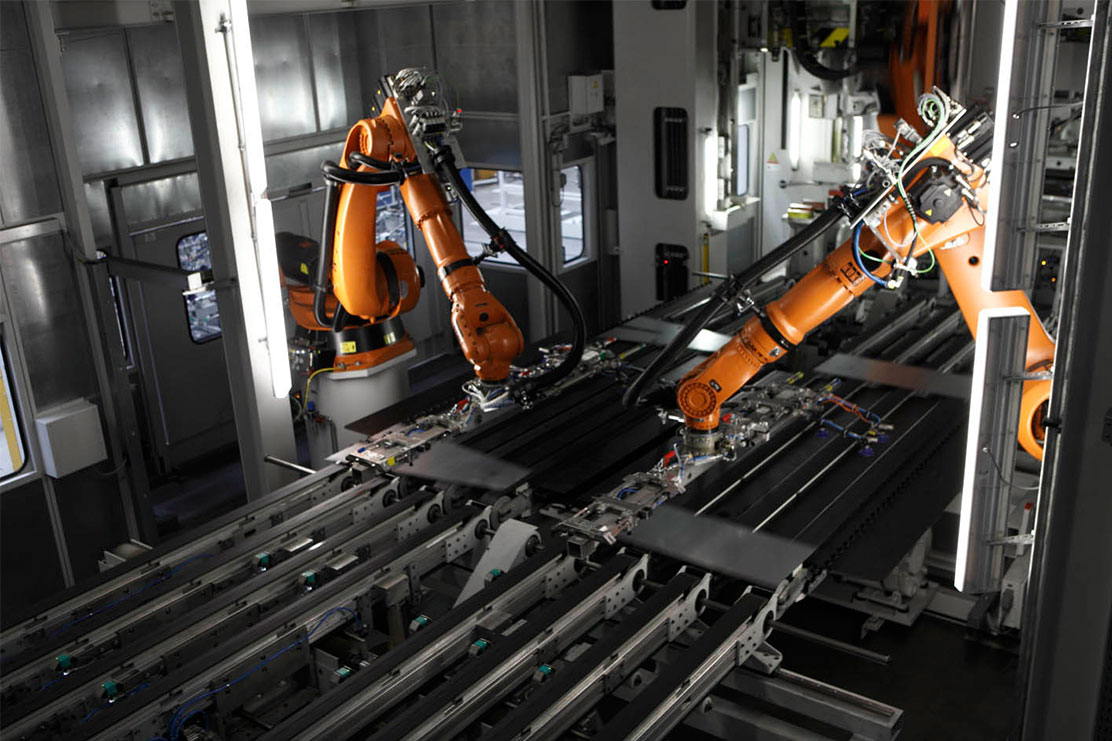
As we journey into the future of heavy vehicle manufacturing and supply, it is evident that this sector is poised for significant growth and transformation. The demand for heavy vehicles continues to escalate, driven by a myriad of factors including infrastructure development, expanding logistics networks, and advancements in technology. This surge in demand presents both opportunities and challenges for manufacturers and suppliers in the heavy vehicle industry, as they navigate a landscape marked by innovation, sustainability goals, and evolving customer expectations.
In the ever-evolving world of heavy vehicle manufacturing and supply, companies are increasingly focused on enhancing their production processes to ensure the timely delivery of high-quality vehicles. The shift towards sustainability is also a key focus, with an emphasis on developing more eco-friendly vehicles and adopting green manufacturing practices. As competition intensifies and global markets become more interconnected, businesses in this sector must stay agile and forward-thinking to meet the demands of a rapidly changing industry.
Challenges in the Industry
The heavy vehicle manufacturing and supply sector faces significant obstacles in today’s dynamic market. One of the main challenges is the rapid pace of technological advancements. Companies must invest heavily in research and development to stay competitive and meet increasingly stringent regulatory requirements.
Another key challenge is the fluctuating cost of raw materials. Volatile commodity prices impact production costs and profit margins, making it essential for manufacturers to closely monitor and adapt to these market fluctuations.
Furthermore, the industry is grappling with the growing demand for sustainable practices. As environmental concerns rise, heavy vehicle manufacturers are under pressure to develop eco-friendly vehicles that meet emissions standards without compromising performance.
Technological Advancements
In recent years, heavy vehicle manufacturing has seen a significant shift towards implementing cutting-edge technologies. One of the key advancements in this sector is the integration of telematics systems. These systems offer real-time data tracking and analysis, enhancing fleet management efficiency and improving overall productivity.
Another notable technological development is the adoption of autonomous driving features in heavy vehicles. Companies are investing heavily in research and development to introduce self-driving capabilities that can enhance safety on the roads and optimize logistical operations. This innovation holds great potential for revolutionizing the heavy vehicle manufacturing and supply chain industry.
Moreover, the rise of 3D printing technology is reshaping the landscape of heavy vehicle manufacturing. Manufacturers are increasingly using 3D printing for rapid prototyping, customization, and even for producing certain vehicle components. This not only accelerates the production process but also presents opportunities for creating more lightweight and fuel-efficient heavy vehicles.
Future Trends
Explore leading semi trailer options
In the coming years, heavy vehicle manufacturing and supply is expected to witness significant advancements driven by technological innovations. Manufacturers are increasingly investing in research and development to enhance vehicle efficiency, safety, and sustainability. This will likely lead to the integration of advanced features such as autonomous driving capabilities, predictive maintenance systems, and electric powertrains.
Moreover, the rising focus on environmental sustainability is set to shape the future of heavy vehicle manufacturing. There is a growing demand for eco-friendly solutions within the industry, with a shift towards electric and hybrid vehicle technologies. As regulations regarding emissions become stricter, manufacturers are under pressure to develop cleaner and greener heavy vehicles to reduce their carbon footprint and comply with environmental standards.
Another key trend on the horizon is the digital transformation of the heavy vehicle manufacturing sector. The implementation of Internet of Things (IoT) technology and data analytics is revolutionizing the way vehicles are produced and operated. Real-time monitoring, remote diagnostics, and connectivity solutions are enabling manufacturers to optimize production processes, improve fleet management, and enhance overall operational efficiency in the heavy vehicle supply chain.



